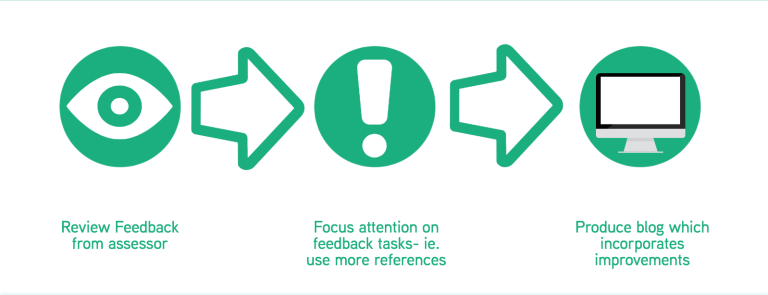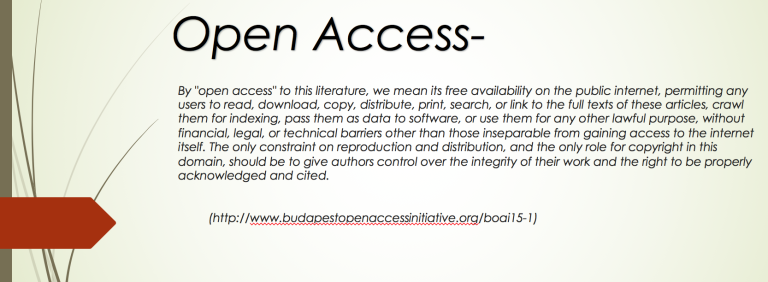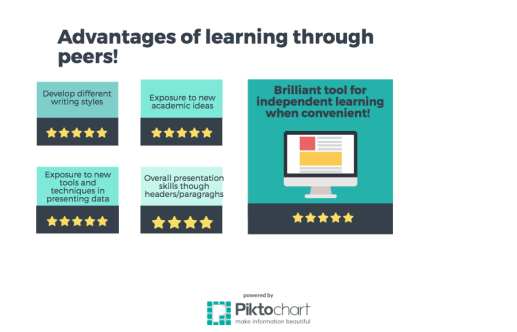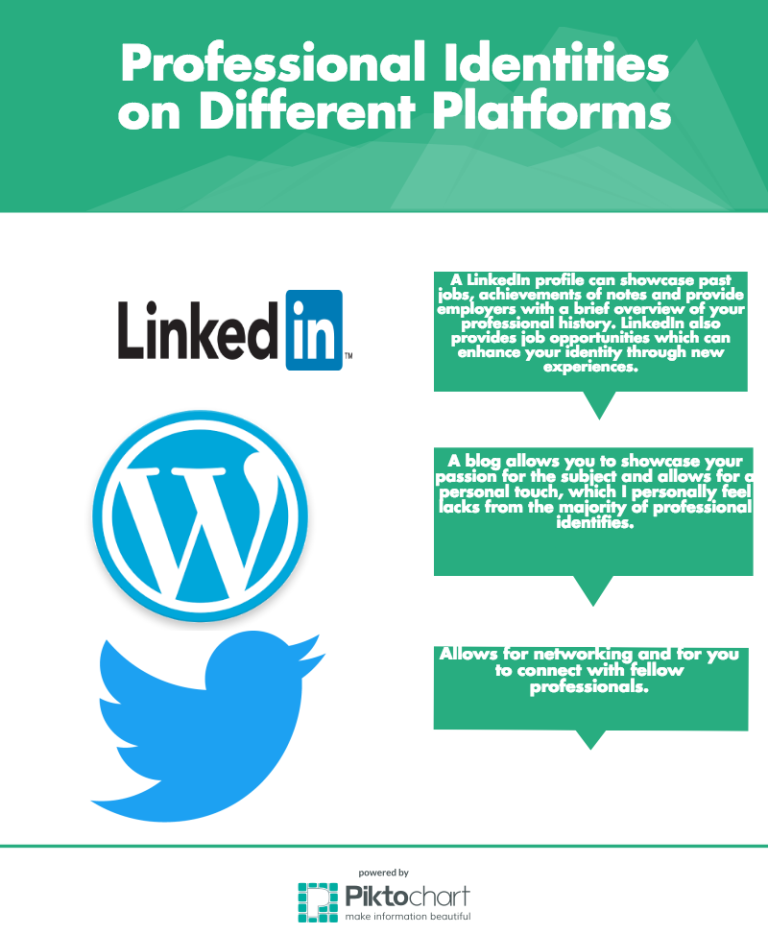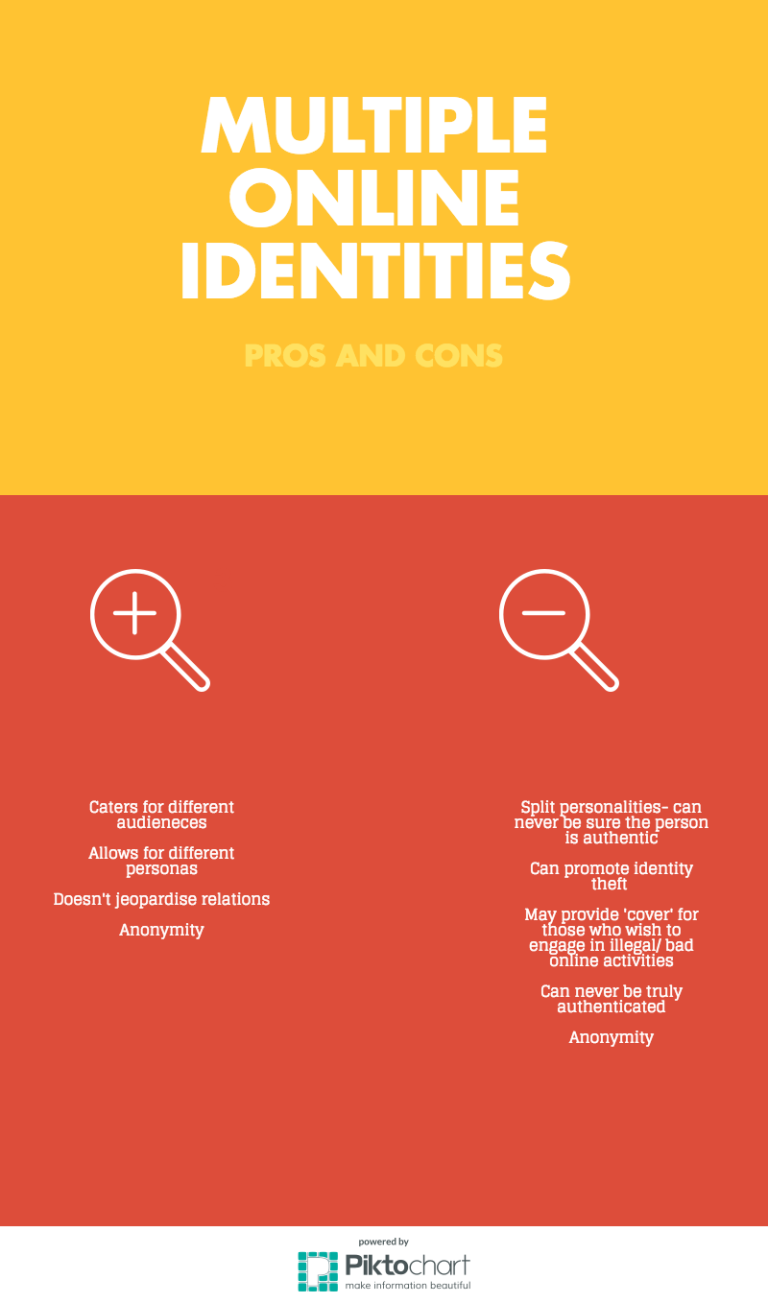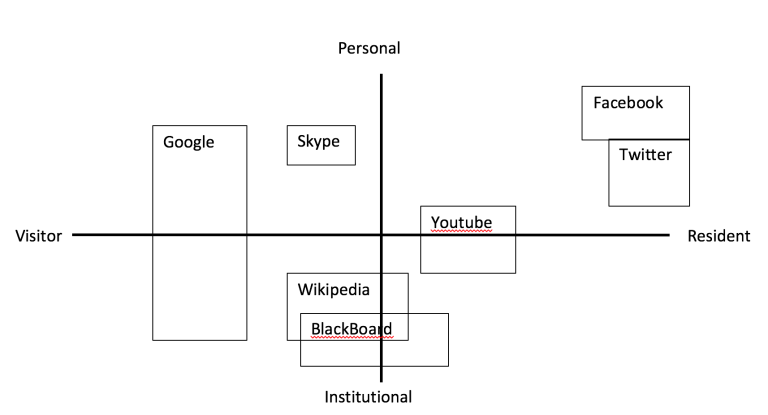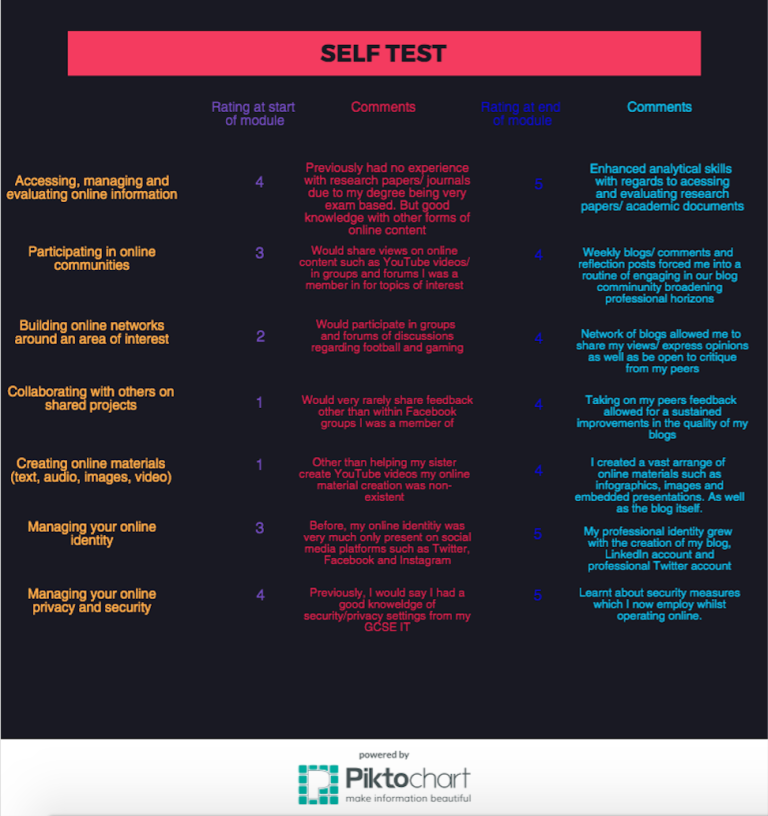
Farewell UOSM2008
Personally, I would UOSM2008 has kick-started my online professional identity and provided myself with a specific set of skills I was unlikely to acquire through partaking any other course.
My development can be shown through the self test which I have retaken, following the initial test at the start of this module.
Continue reading →

